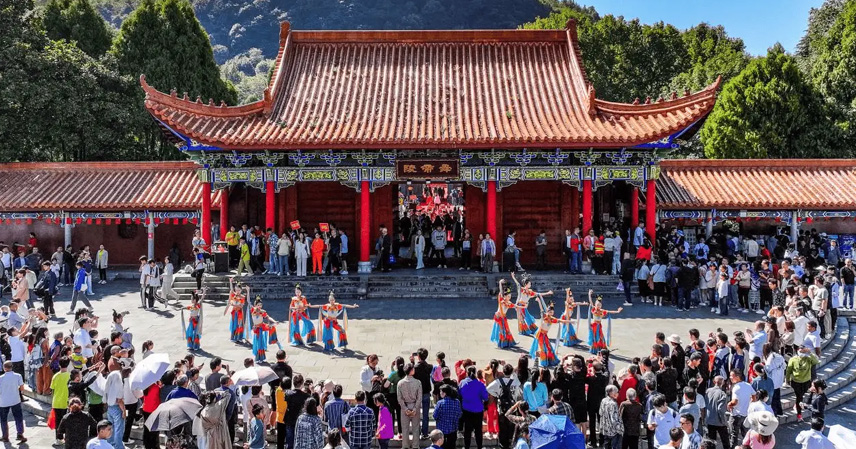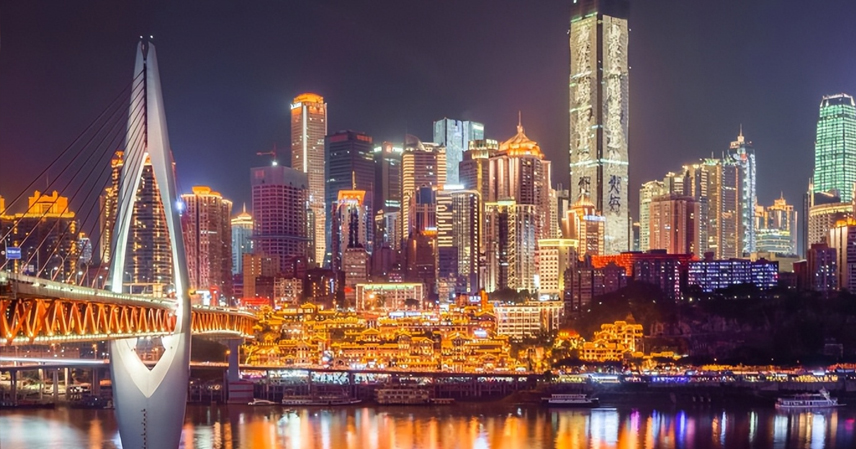Every year during China’s Golden Week, hotels are packed, restaurants are buzzing, liquor sales soar, and tourist attractions are crowded. But this year? Something feels off. The usual hustle and bustle of the holiday seems strangely subdued. Here’s a breakdown of what’s happening.
1. Hotels Hike Prices Unreasonably
Golden Week has always been a prime season for hotels. In previous years, popular tourist cities might raise prices by 30–50%, and rooms near major attractions would sell out fast.
This year, however, prices have gone insane.
For example, a hotel near the Imperial Kiln Museum in Jingdezhen, Jiangxi cost 90 yuan per night in September—but during Golden Week, the same room jumped to nearly 1,000 yuan, an increase of more than ten times.
It’s not just small cities; hotels near major scenic spots are also charging exorbitantly. In Jiuzhaigou, several hotels went from 300–400 yuan per night in the off-season to over 1,500 yuan for high-end double rooms.
While some travelers still book these rooms, many, like a netizen in Hubei, canceled their trips after seeing the massive price hikes. The Jingdezhen hotel case is even under official investigation for illegal price gouging.
The takeaway? Price hikes during holidays are expected, but unreasonable markups are crossing the line. Many hotels are taking advantage of the short window when demand is high, deliberately “harvesting” customers.
2. Restaurants See Fewer Diners
In past Golden Weeks, restaurants would be packed to the brim. Hot pot and barbecue spots had long lines, and hotel banquet halls were fully booked for weddings and corporate events. Owners were raking in money.
This year? Silence. Even when reservations are technically full, profits are thin, especially for hotel restaurants.
Take weddings, for instance. Previously, couples would book hotel banquet halls months in advance, aiming for grandeur. Today, young couples prefer personalized or outdoor weddings, leaving traditional hotel banquets less attractive.
High-end corporate dining has also cooled. Business leaders no longer automatically book luxury hotel restaurants for meetings. Instead, they may opt for private dining experiences or online conferences.
Even regular diners are shifting. Street restaurants, community canteens, and delivery apps are cheaper and more convenient, so hotel restaurants see fewer customers.
The trend reflects changing consumer preferences: people now value comfort, taste, and value for money, rather than flashy displays or holiday hype. For restaurant owners, this “quiet season” may actually be a chance to focus on improving quality and service instead of chasing quick holiday profits.
3. The White Liquor Market Cools
Golden Week has always been a hot season for premium baijiu, like Moutai or Wuliangye. Supermarket shelves would empty fast, and resellers often jacked up prices.
This year, however, the baijiu market is cold, even during the traditional peak season. Prices have dropped, promotions barely move inventory, and sales are sluggish.
Example: The wholesale price of Feitian Moutai fell to 1,740 yuan, a new low for the year. Other mid-to-high-end liquors also followed suit.
Why the decline? It’s mostly changing demand. Younger consumers, particularly those born in the ’90s and ’00s, tend to prefer wine, beer, or lower-alcohol beverages. Baijiu consumption is increasingly limited to older generations. On top of that, people are spending more rationally and are less inclined to purchase expensive liquor simply for gifting or status.
Many are also choosing to stay home rather than travel or entertain, reflecting a broader shift toward low-cost, comfortable holidays.
What This “Quiet” Golden Week Means
In previous years, high-priced hotels, extravagant banquets, expensive liquor, and crowded tourist spots were all about status, tradition, and social proof. People went out to show off, follow trends, or post on social media.
Today, rational spending prevails. People will skip overpriced hotels, avoid expensive restaurants, buy liquor only if necessary, and dodge tourist traps. Many prefer to stay home, relax, and enjoy a comfortable, cost-effective holiday.
This year’s “off-season” vibe isn’t necessarily bad—it’s a sign that consumers are more discerning, focusing on value, quality, and personal enjoyment over appearances and social expectations.



